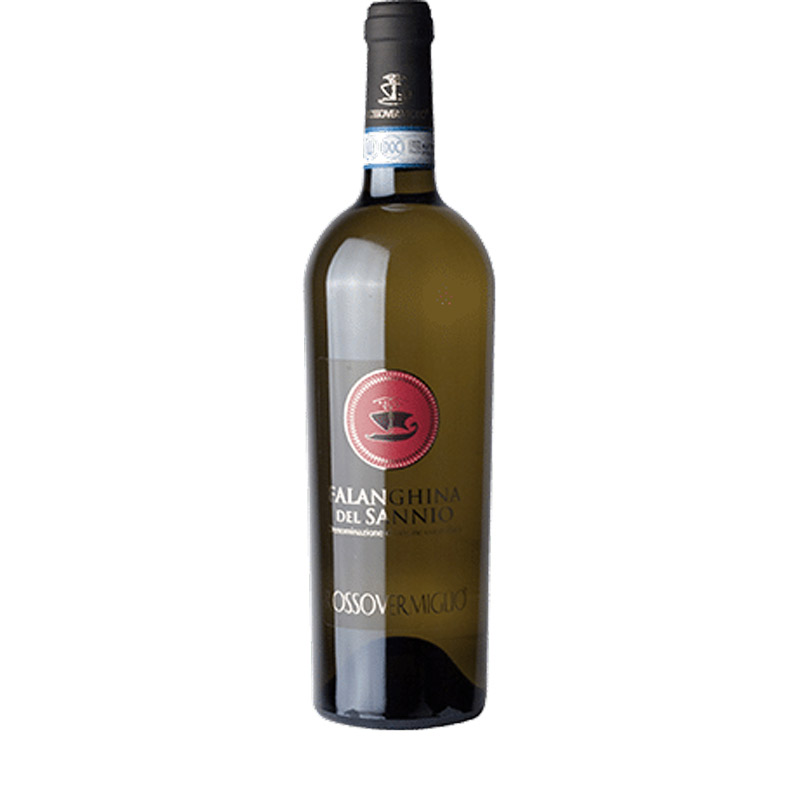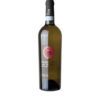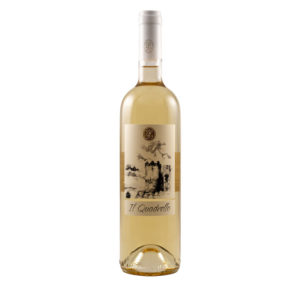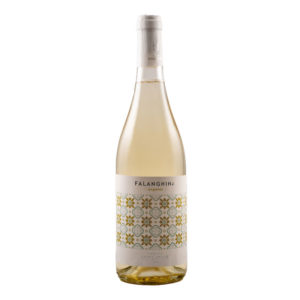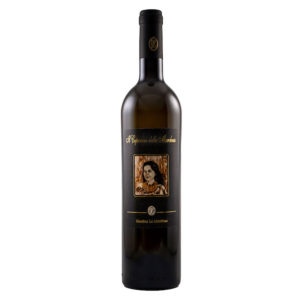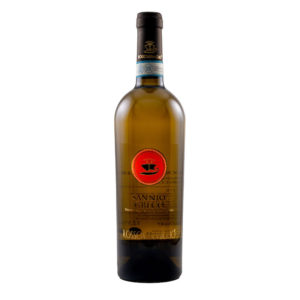| Country | |
|---|---|
| Region | Campania |
| Grape Variety | Falanghina |
| Producer | Rossovermiglio |
| Certification | Sustainable |
Falanghina del Sannio DOC 2021 – Rossovermiglio
£17.60
Falanghina has a rich intense bouquet of delicate floral notes with hints of ginestra, a Mediterranean flower, alongside fruity notes of banana, green apple, pear with citrus hints. Dry, fresh, and a balanced taste with good acidity and a medium body.
Availability: In stock
Create your mixed case and save over 15% when you buy 6 to 12 bottles.
Mix and Match applied.
Colour
FLAVOURS
Palate
Sweetness
Acidity
Body
Abv
Serve At
Food Pairing
A family history made of people, ideas, and a lot of passion. Rossovermiglio originates from a centuries-old family tradition of winemakers in Paduli, in Samnite territory, in the heart of Campania. Already in 1800, the Verlingieri family produced quality red grapes and wines, which were successfully sold in the cellar located in the heart of the old Paduli. The company, passed on from father to son for generations, has been led by Piero Verlingieri since 1988. After a few years, in 1992 he began to re-plant vineyards, preferring white wines to red ones of the family tradition, leaving in the Rossovermiglio brand the emblematic synthesis of a family history. Piero and Maria Teresa Verlingieri, husband and wife, are the true guardians of the long family winery tradition. For them, producing quality wine still means to follow a strict discipline in the vineyard as in the cellar, in full respect of local tradition and the territory. Rossovermiglio produces only wines from native vines of Campania. An intentional choice to enhance the character and the typicality of some of the best Italian vines.
Falanghina del Sannio
One of Campania’s oldest grape variety and the one behind “Falernian Wine”, the most famous wine during Roman times. Also produced as a Sweet Passito wine and a Sparkling, Falanghina is one of the most interesting Italian grape varieties that produces dry wines with tropical fruit and floral flavors, as well as structure and freshness.
There are two distinct biotypes: Falanghina Beneventana, used in Falanghina del Sannio DOC (Denominazione di Origine Controllata), which also has four subzones; and Falanghina Napoletana, the grape in the Campi Flegrei DOC. Each varietal wine has different characteristics, as do their respective growing zones. Vineyards in the Sannio denomination have higher altitudes, and calcareous and clay soils. The vineyards in Campi Flegrei, near Naples, are closer to sea level and have sandy, volcanic soils. Falanghina del Sannio has more structure and high acidity, while Campi Flegrei are lighter-bodied and crisp, with saline mineral notes and more floral fragrances.

You might also enjoy
-
Bombino Bianco Il Quadrello 2020 – Cantina La Marchesa
£16.40Original price was: £16.40.£13.90Current price is: £13.90. Add to basket -
Falanghina Puglia IGT 2021 – Massimo Leone
£22.90Original price was: £22.90.£18.90Current price is: £18.90. Add to basket


